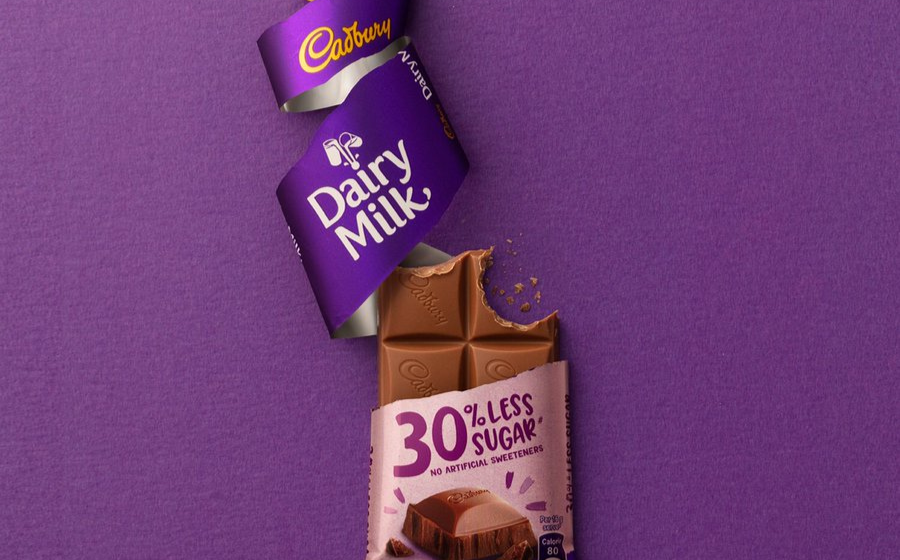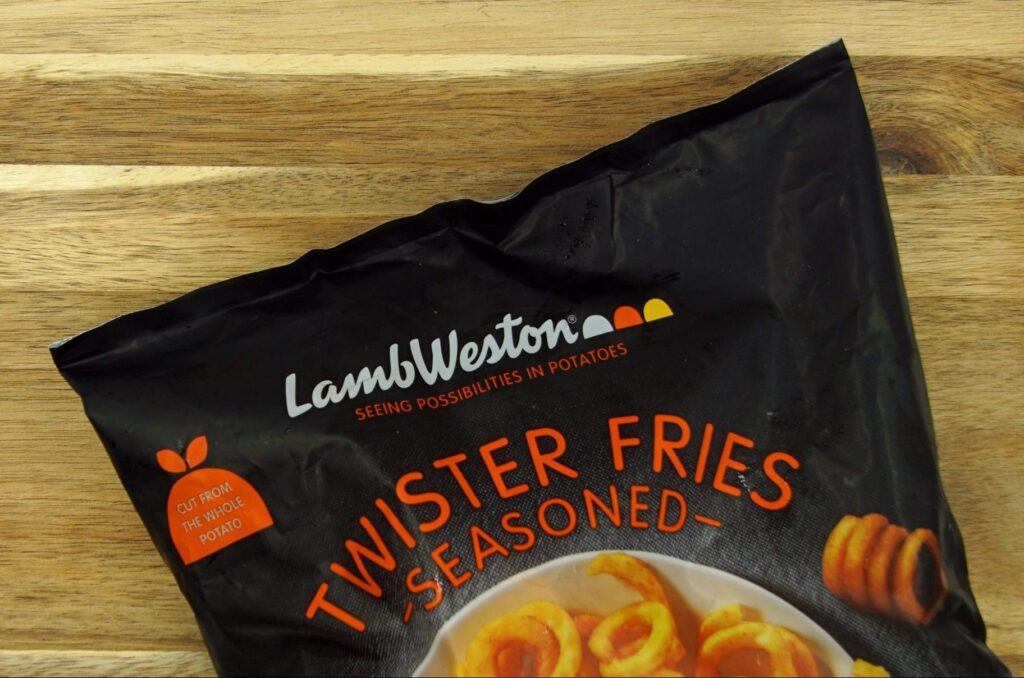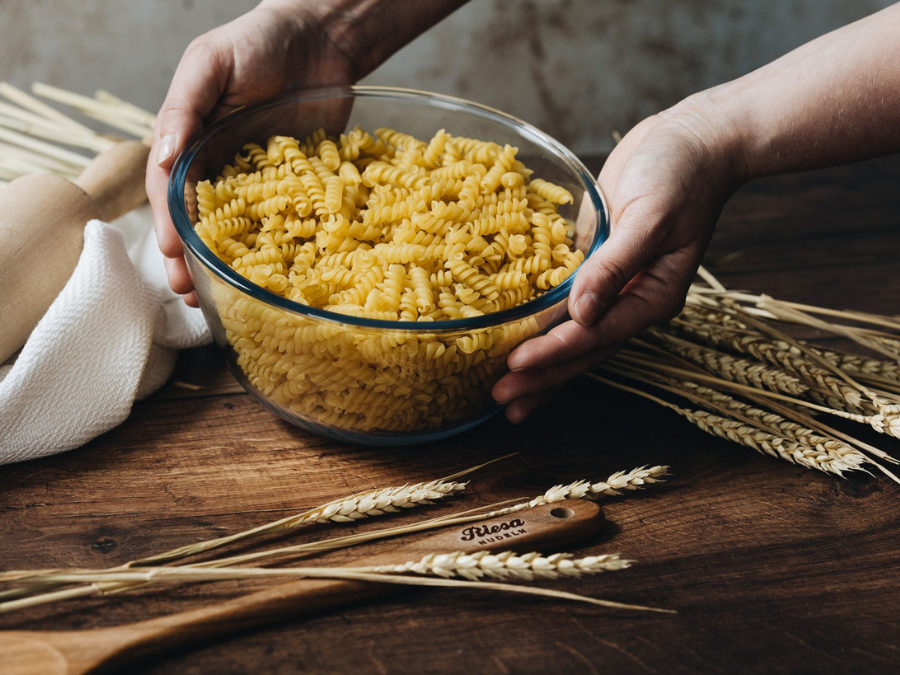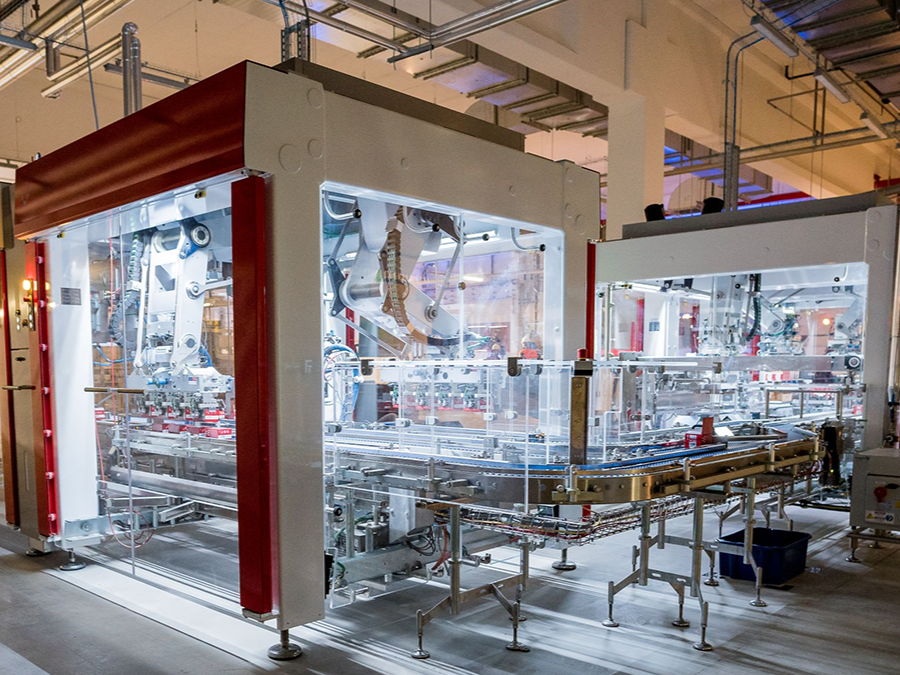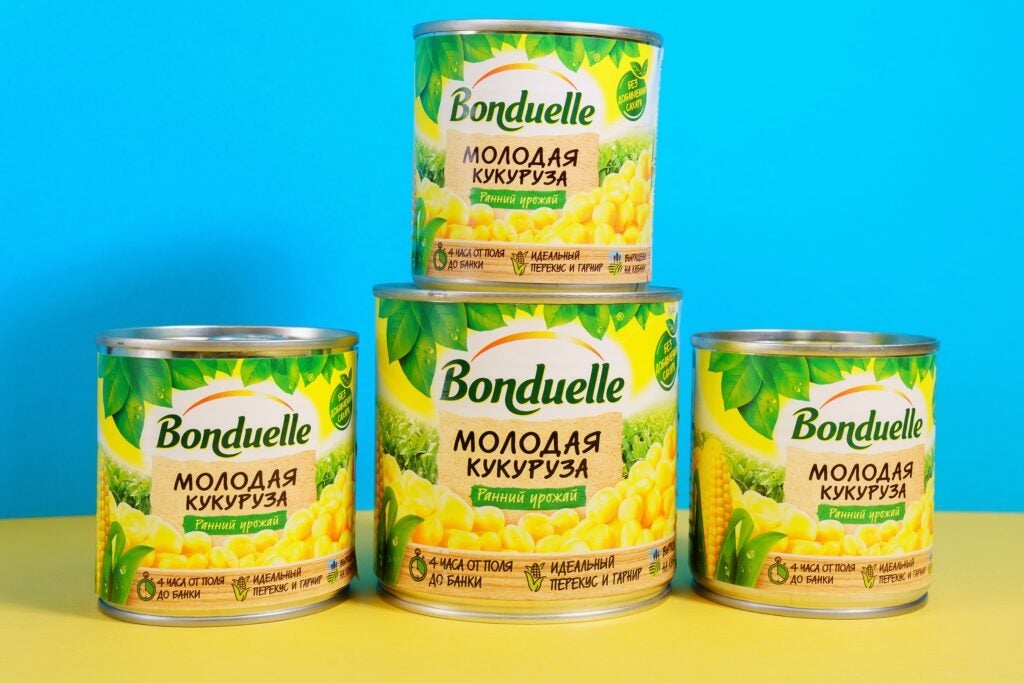Mondelez International is to end the production of a version of its Cadbury Dairy Milk that contains 30% less sugar than the flagship bar.
The confectionery giant launched the bars in 2019 as part of efforts to cut sugar in the products it sold in the UK and Ireland.
At the time, the US giant said the new bar represented “the most significant innovation in the brand’s history” and supported the company’s “ongoing commitment to play its role in tackling obesity, including childhood obesity, in the UK”.
However, Mondelez has told Just Food that demand for the bar had fallen despite, the company said, its efforts to invest in advertising to support the product.
“We not only invested heavily in developing a bar that consumers told us tasted great but also in promoting it through a nationwide marketing campaign. Despite these efforts, demand for this product has dropped and we have sadly taken the decision to delist it,“ a Mondelez spokesperson said.
The Oreo owner pointed to other efforts to launch “better-for-you” snacks under the Cadbury Dairy Milk brand, including the Fruitier and Nuttier bars.
In recent years, confectioners have sought to launch lower-sugar versions of its chocolate. When the World Health Organization (WHO) halved its recommendations for sugar intake in 2015, the ingredient became the target nutrient for health campaigners, medical academics and public health organisations.
Since then, food manufacturers have been under pressure to reduce the sugar content across every product category, including those where it can be a challenging proposition, such as chocolate confectionery. In some markets, including the UK, manufacturers have faced targets – albeit voluntary – to cut the levels of sugar in their foods. Manufacturers of sugar-laden snacks like confectionery have also faced restrictions on where their products can be sold in stores.
In 2020, Nestlé discontinued Milkybar Wowsomes, a low-sugar chocolate that used a “hollow sugar” process that allowed the product to make a 30% less sugar claim. The product was pulled in February 2020 after an “underwhelming” two years in the UK and Ireland markets.
In July, the Swiss giant unveiled a new technology to reduce sugar in food and drink products across different categories. Nestlé said the technology uses an enzymatic process, and it reduces intrinsic sugar in ingredients such as malt, milk, and fruit juices by up to 30%, “with a minimal impact on taste and texture”.


